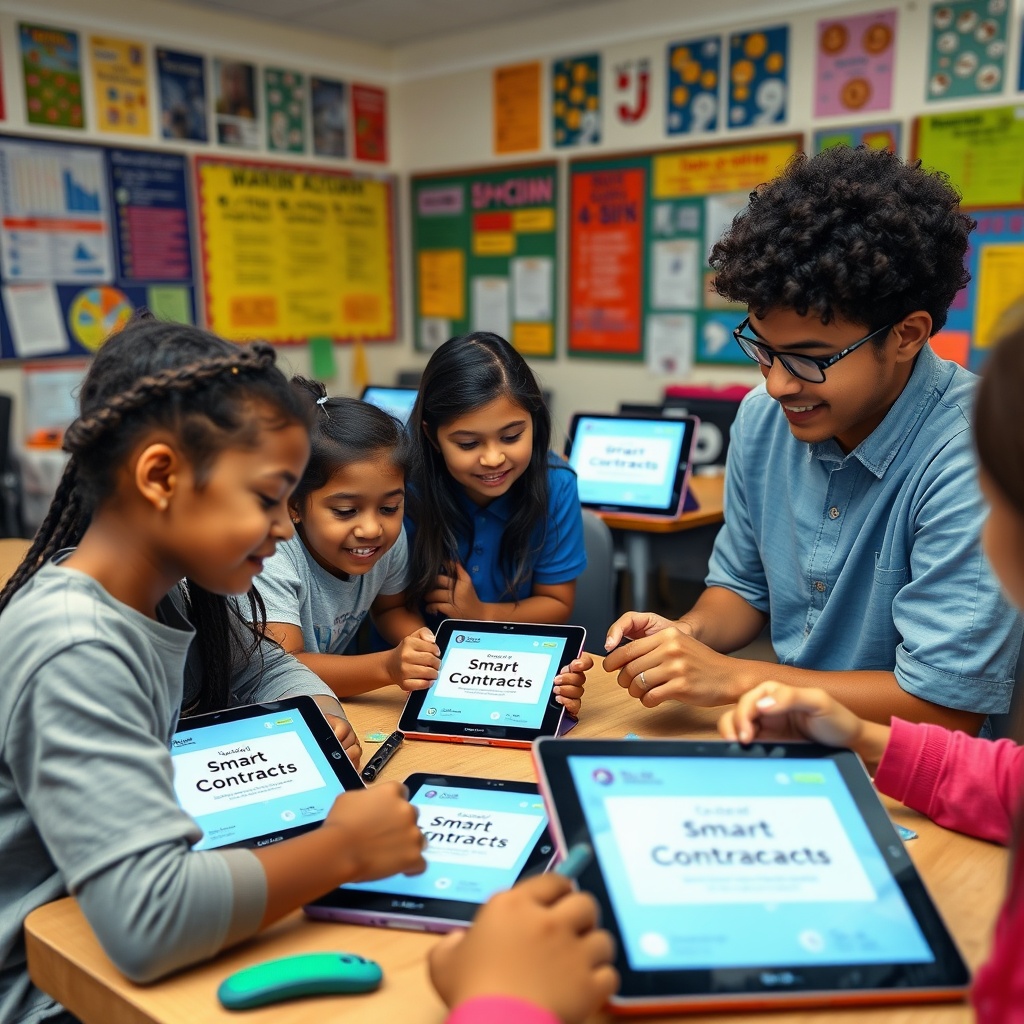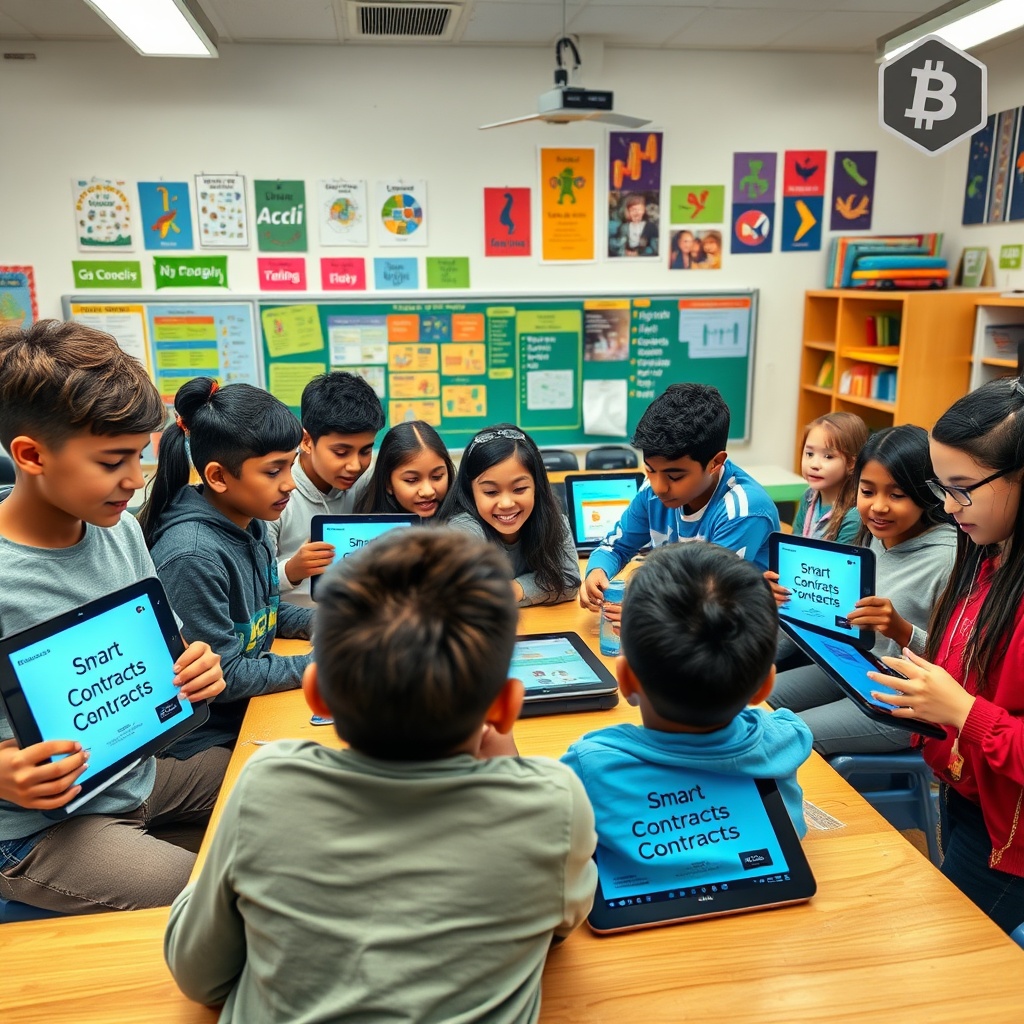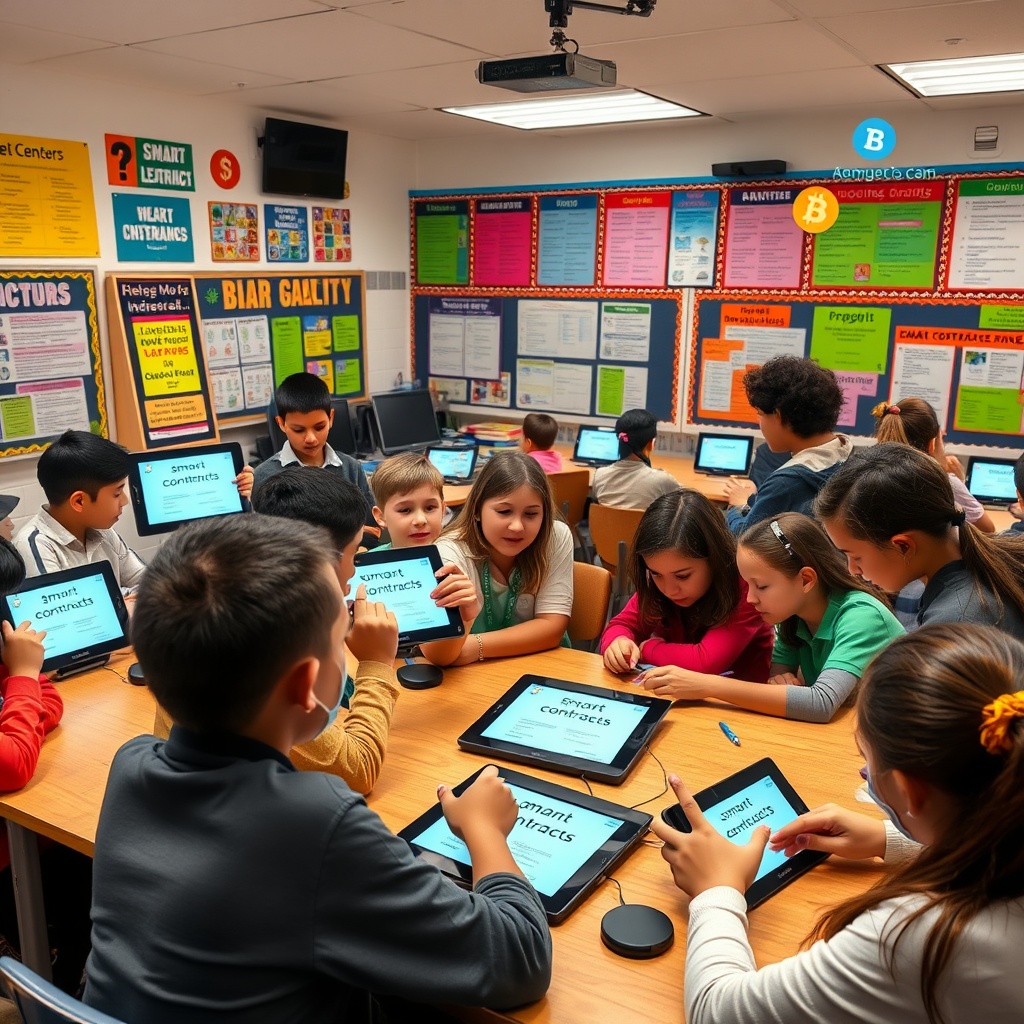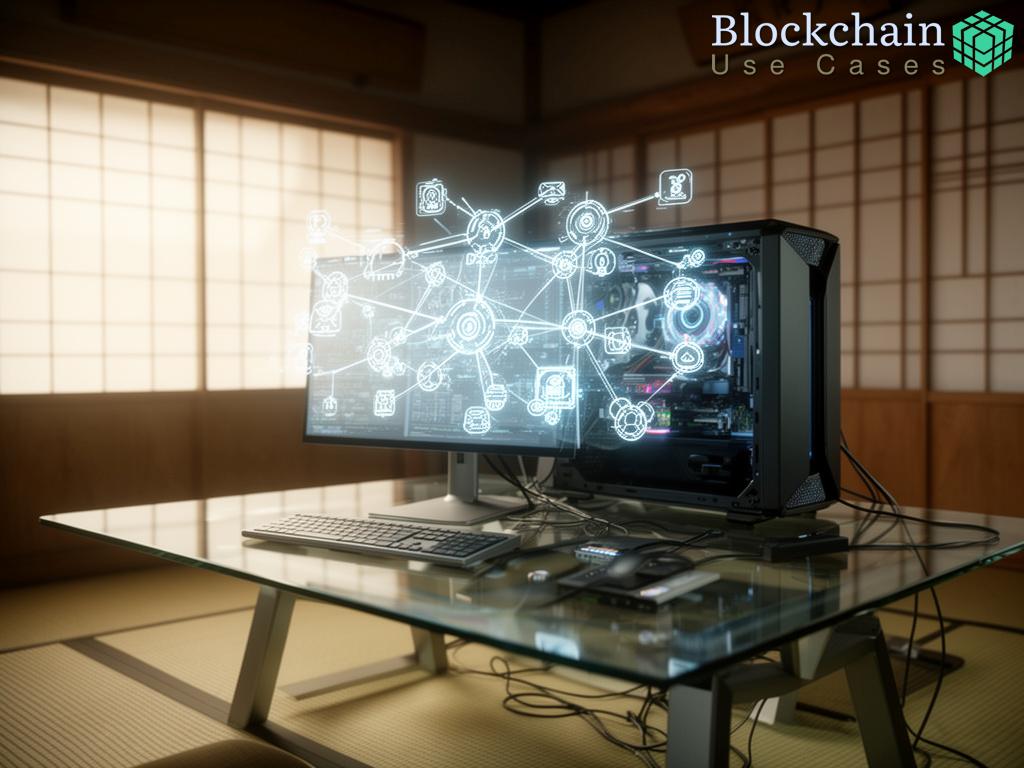Innovative Learning through Gaming

As the landscape of education continues to evolve, the integration of technology in learning environments has become paramount. Game-based learning has emerged as a powerful approach to engage students, making the acquisition of knowledge both enjoyable and effective. However, the challenge remains in ensuring that learners are adequately rewarded for their efforts. This is where smart contracts come into play, providing a mechanism that not only incentivizes engagement but also ensures transparency and fairness in the reward system.
Smart Contracts: A Path to Transparent Rewards

Smart contracts, built on blockchain technology, offer a decentralized and automated way to manage agreements. In the context of game-based learning, these contracts can be utilized to distribute rewards based on predefined criteria, eliminating the potential for bias and manipulation. This ensures that students receive recognition for their achievements in a clear and verifiable manner.
Through the use of smart contracts, educators can establish a set of rules governing how rewards are allocated. For example, students can earn tokens for completing specific tasks or reaching learning milestones, which can then be redeemed for various educational resources or benefits. The transparency of blockchain ensures that every transaction is recorded, creating an auditable trail that builds trust among participants.
Potential Benefits and Implementation Strategies
Implementing smart contracts in educational settings not only enhances motivation but also fosters a sense of community among learners. By creating an ecosystem where rewards are clearly defined and accessible, students are more likely to engage actively in their learning journeys. Below is a brief overview of the benefits and considerations for integrating smart contracts in educational gaming:
- Increased Engagement: Gamification combined with reward systems encourages students to participate more actively.
- Fairness and Transparency: Smart contracts provide a clear framework for reward distribution, reducing disputes and misunderstandings.
- Decentralized Control: Empowering students with control over their rewards promotes ownership of their learning experience.
- Scalability: Smart contracts can be adapted to various educational contexts and scales, making them versatile tools for educators.
As educational institutions explore the potential of smart contracts, it is essential to consider the technological infrastructure required for implementation. Collaborations with blockchain developers and educators will be crucial in designing effective systems that meet the specific needs of learners.





